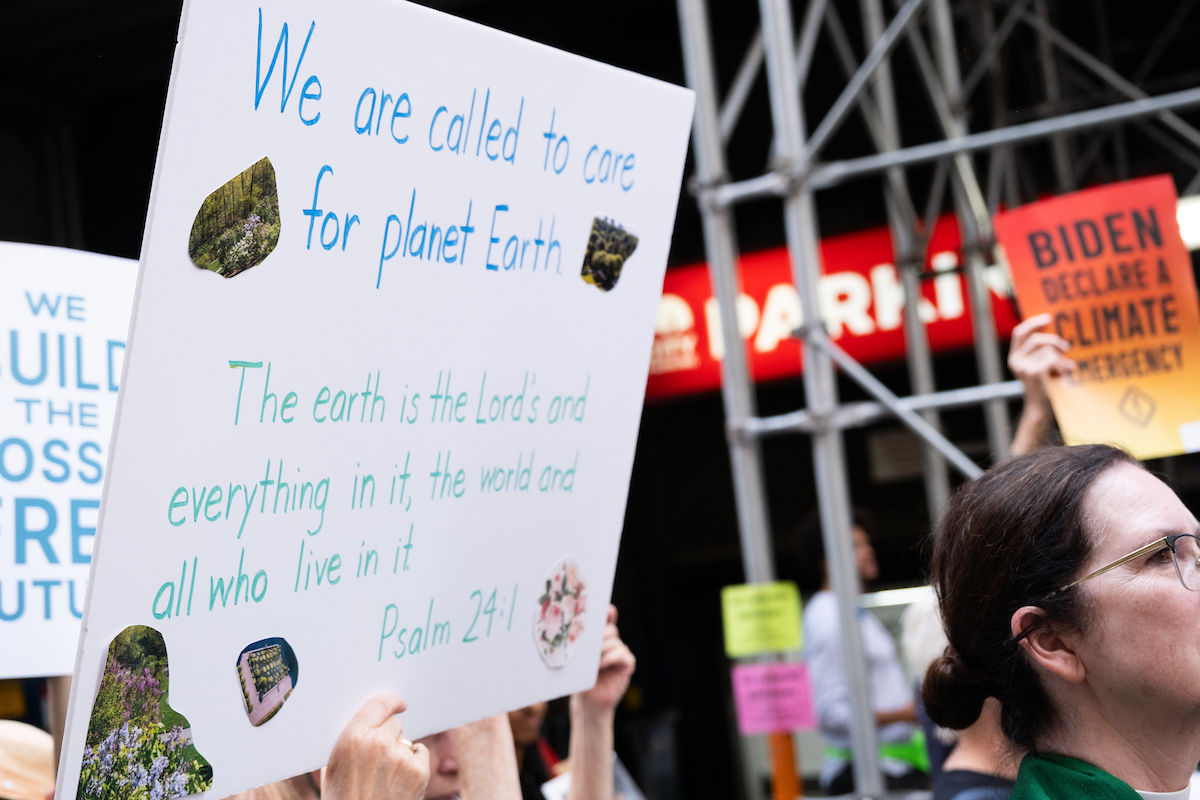Gender Justice and Civic Space are two sides of the same Coin
Roosa Rantala, Advisor for Human Rights and Advocacy, Felm
Many of us know the background; the achievements regarding gender justice made over the decades have been driven back in many ways, from sexual and reproductive rights to the realization of the rights of sexual and gender minorities.
UN Secretary General Antonio Guterres has expressed his worry that gender equality is 300 years away – and the target is growing more distant. Discriminatory actions hinder countries’ possibilities of achieving sustainable development goals: when the world is not on the right track to achieve gender equality, it becomes impossible to overcome other development challenges.
Women are lead actors in enhancing positive development and sustainable peace, emphasised UN special rapporteur Clément Nyaletsossi Voule in his video contribute to our Side Event for the 54th session of the Human Rights Council. The- Side Event was organized in cooperation with UN Women, UNFPA, Lutheran World Federation, ACT Alliance, the World Council of Churches and the Permanent Mission of Denmark to the UN. The organizers also included a large number of non-governmental organizations from around Europe: Act Church of Sweden, Bread for the World DanishChurchAid, Felm and Swiss Church Aid HEKS/EPER.
All organizers had discovered through their own work that to achieve gender justice, the civic space should be secured and promoted. The Head of Human Rights and Development at the UN Women Geneva Office, Adriana Quiñones, gave the opening speech and aptly summed up that in fact the issues are two sides of the same coin: gender justice cannot be realized without civic space and vice versa.
The side event attracted many participants, including 11 state representatives, who spoke loudly of the importance of the subject, and the reach of our networks. To fulfill gender justice and to promote women’s human rights, everyone from the private and public sector to states and civil society actors are needed, as the panelist jointly concluded. One of reasons emphasizing the need for collaborative measures is that the global anti-gender movement takes diverse forms in varying arenas, also within UN systems.
The discussion revealed how, according to a survey carried out by DCA1, the online harassment of women is a significant human rights problem and a threat to democracy. Although the internet offers great opportunities for promoting women’s rights, at the same time women human rights defenders face serious harassment and threats, which in the worst case can silence the women completely. Paradoxically, the harassment tends to be worst when women human rights defenders have successfully promoted gender justice.
And it doesn’t take long to destroy the progress made – as it happened in Brazil during a very short period. Attacks on gender justice made by those using the highest political power in the country put the persons promoting human rights in a risky position. After the distributive measures and change in political power, the society faces challenges to rebuild the dialogue and continue the development that had progressed in a good direction before the interruption.
The discussion during the side event underlined that faith-based actors play a key role as promoters of gender justice. For example, religious actors and leaders have significant opportunities to raise awareness of online harassment and advocate for binding legislation to solve the problem and to replace the current dysfunctional ad hoc solutions of online platforms. UNFPA emphasized the significant role of faith-based organizations providing sexual and reproductive services. During the discussion, it was found that religious spaces are also potential places for having difficult conversations about, for example, toxic masculinity.
The discussion also reminded us of the UN’s role in promoting and protecting civic space. Since CSO’s have only limited opportunities to participate in meetings in Geneva or New York, it would be worthwhile to explore online participation opportunities to a greater extent. If participation on the spot is possible, a larger number of CSO participants should be offered accreditations entitling them to participate in the dialogues. These methods would improve civil society actors’ possibilities to use UN mechanisms and form alliances with each other.
The side event offered an excellent example of alliances and possibilities of cooperation. The topic of the side event touched many actors in many ways. After the one-hour event, the conversation continued lively during the coffee break. There are many reasons for this and one of the most important is money: inequality is expensive.
A World Bank study has estimated that for example limited education opportunities for girls and barriers to completing 12 years of education cost between 15 trillion to 30 trillion US dollars to countries in loss of productivity and earnings. Educated women tend to be informed about nutrition and healthcare, have fewer children, marry at a later age, are more likely to participate in formal labor market and earn higher incomes.
The states simply cannot afford such a waste of money. Active promotion of gender justice and support for this work are key factors in solving all development challenges.
Read the pledge that ACT members have submitted to promote civic space, counter backlashes on gender equality, and defend human rights, in national, regional, and global spaces.

